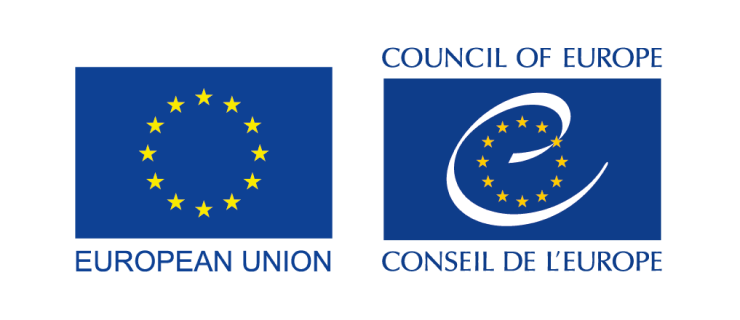International Organisation Resource
Interactive Methods for Promoting Intercultural Dialogue in Teaching and Learning History. Nicosia (Cyprus) 1-2 December 2006.
Effie Ioannou & Mustafa Tuncbilek • Council of Europe • 2006
Levels and forms of education
Lower Secondary Education
Upper Secondary Education
Resource type
Reports
Conceptual or themathic publications
Event Summaries
Historic approaches concerned
Cultural History
Social History
Historic period
No data
Countries or areas concerned
Cyprus, Southeastern Europe, Southern Europe
Languages
English
Description
The following report describes the activities and results of the seminar and workshops on “Interactive methods for promoting intercultural dialogue in teaching and learning history”, which took place at the Goethe Institute in Nicosia, Cyprus on 1-2 December 2006. The events were jointly organised by the Council of Europe and the Association for Historical Dialogue and Research with the support of the following Teacher Trade Unions across the divide: KTOEÖS, KTÖS, OELMEK, OLTEK, POED. The seminar and workshops brought together around 160 history educators from various levels of education, across the whole of Cyprus, as well as speakers from the Council of Europe, the Association for Historical Dialogue and Research, the University of Cambridge in the United Kingdom, the Georg Eckert Institute for International Textbook Research in Germany, and the “Hajde da…” a non-governmental association in Serbia. The first day (1 December 2006) consisted of plenary sessions whilst the second day (2 December 2006) comprised two consecutive workshops in the area of history teaching and intercultural dialogue (see Appendix I). During the two-day period, the working languages were English, Greek and Turkish and interpretation was provided. The aims of the seminar were to: • discuss the use of interactive methods when teaching history in schools; • look at how intercultural learning and communication can help when teaching about cultural diversity through school history; • analyse how to help pupils to develop such skills as critical thinking, ability to come to independent conclusions, capacity to understand cultural diversity as an enriching factor and communicate with representatives of different cultures on the basis of tolerance. On 1 December 2006, 120 educators across the divide had the opportunity to discuss issues concerning: history teaching in Cypriot schools; the development of critical and analytical skills amongst pupils; the European dimension in school history teaching; and intercultural learning and communication. On 2 December 2006, 40 teacher trainers and experts who selected based on criteria of age, gender, educational level, ethnic group, experience of history teaching and learning, and previous participation in the Council of Europe’s educational events, were engaged in an interactive dialogue on methodologies that could be applied in schools such as multiperspectivity, critical thinking and promotion of interaction between members of different communities. In particular, the questions for discussion during the first workshop were: • What skills and qualities do history teachers need when managing students’ group work and open whole-class discussion? What special challenges does this present in Cyprus and how might these be overcome? • What should history teachers look for (in their students’ talk and writing) as signs of high quality historical thinking? How can that historical thinking be encouraged? What dispositions, attitudes and skills are we trying to foster? • What is the relationship between building students’ historical knowledge, developing their historical thinking and developing their historical curiosity? The questions put for discussion during the second workshop were: • How to achieve best interaction between participants during intercommunal teacher training seminars? • How to structure activities during seminars in a way that would provide interactions between members of different communities working in the same group? • How to design cooperative/pair/group work methods and activities that have a common goal but can not be fulfilled unless members of different communities contribute to a great extend?
Keywords
Intercultural dialogue
Sensitive histories
Conflicts
Cyprus
Council of Europe
